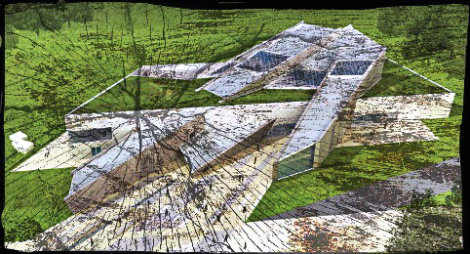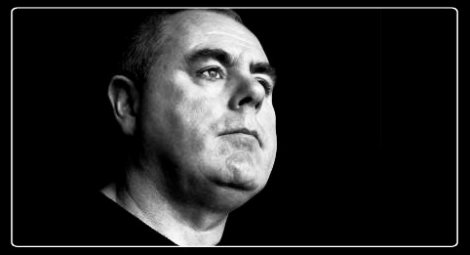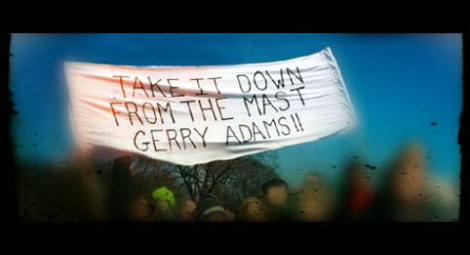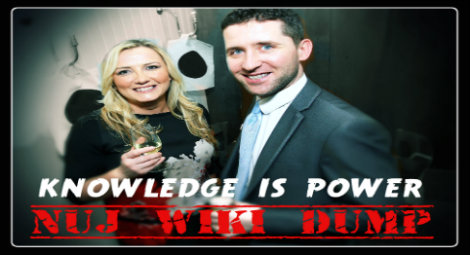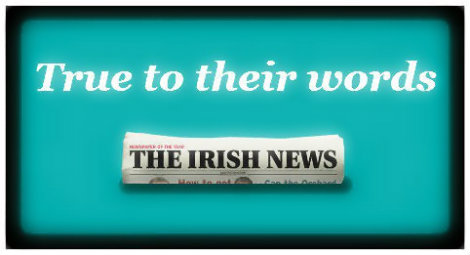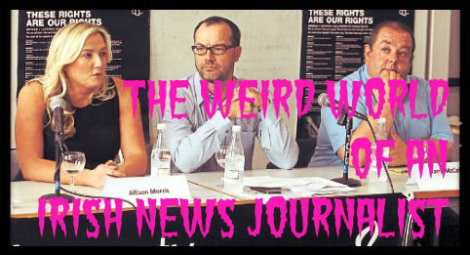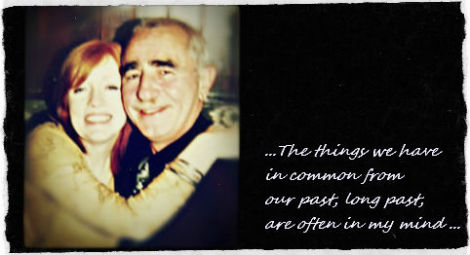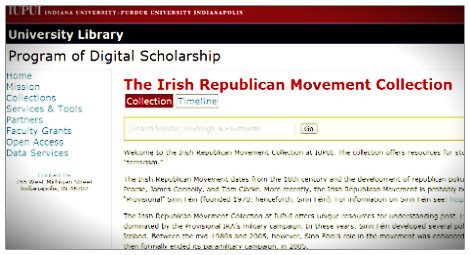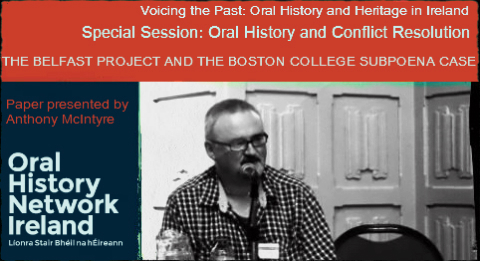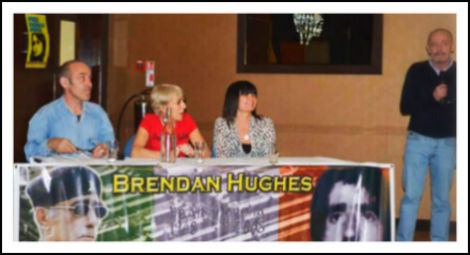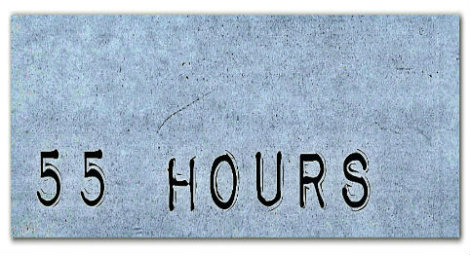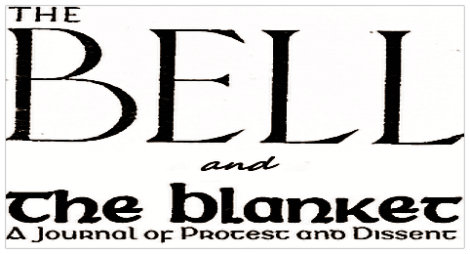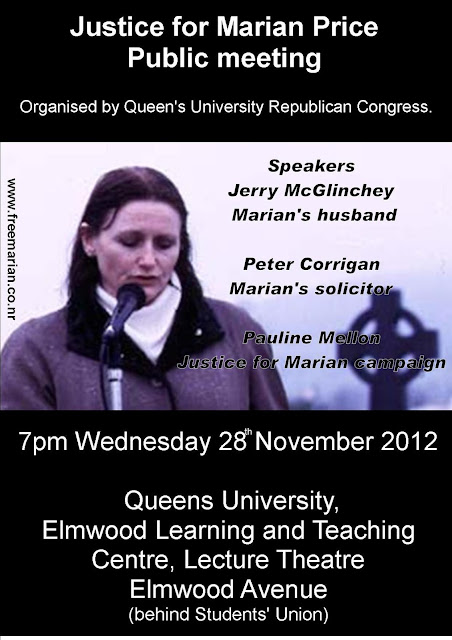Regular contributer Sean Doyle of the Seamus Costello Memorial Committee with a speech he delivered at Newton Mount Kennedy Community Centre, County Wicklow to commemorate the slain republican socialist who was gunned down on a Dublin street 35 years ago.
On behalf of the Costello Memorial Committee I too want to welcome you all here tonight to Seamus’s 35th anniversary commemoration. Tonight I hope we can share the time and take a small glimpse in to Seamus’s thinking and the enormous task he faced to persuade the movement, somewhat set in its ways, of the need to change policy if we are to achieve a socialist republic.
 |
| Gathering at the plaque erected in memory of Seamus Costello at a spot in the Wicklow Mountains |
I believe his enormous contribution and total self sacrifice to raise our consciousness in understanding the true meaning of national and social freedom in his short lifetime will continue to have a profound inspirational influence on socialist republican thinking and the inevitable recognition that we are unwittingly in an economic war and we must fight to win our freedom.
Seamus was in the tradition of Tone, Lalor, Connolly and Mellows. Lalor who wrote against robber rights, 'I will fight to their destruction or my own.' Connolly wrote, ;You can imprison us or jail us but out of our prisons or graves we will evoke a spirit that mayhap rise a force that will destroy you. We defy you do your worst.' Seamus Costello wrote, 'I owe my allegiance to the working class' and he was true to his word. He worked tirelessly to convince the movement that the national question and the class struggle were not two competing strands but two inseparable aspects of the one struggle.
James Daly, Ard Comhairle member of the IRSP, delivered the oration at the graveside of Seamus on the 8th of October 1977 and whose wife Miriam was also a member of the Ard Comhairle and was the first chairperson of the Costello Memorial Committee. I would like to remember her also tonight who was brutally gunned down in her home by a loyalist death squad with the cooperation and collaboration of British intelligence.
I would like to read a portion of the oration:
It is touching and heartening to us in our sorrow today to see James Connolly’s daughter Nora Connolly O’Brien preside at the laying to rest of the Irish leader who has in his generation come closest to James Connolly’s stature who has interpreted his vision most faithfully and attempted most successfully to put it in to practice in our situation. His loss to us is irreparable and tragic.
Seamus Costello exhibited a greatness of the same order as James Connolly. His energy, his intelligence, accuracy and thoroughness, his humour quickness and decisiveness made him an outstanding mind and personality in this generation of Irishmen. He was both a thinker and a man of action but he was also a man of deep concern and humanity. He saw clear and far and dared greatly. He dared to take up the unfinished task of James Connolly almost single handed, as republicans and socialists all around him deviated in to reformism and one sided concentration on the class or the national struggle. Seamus Costello gave clear leadership on the unity of the anti imperialist and socialist struggle and on the need for a revolutionary approach.
 |
| Memorial plaque erected in Wicklow Mountains |
He was adamant that the inability of the movement to put in to practice a revolutionary social and economic programme and to educate the membership and the people in the principles of the programme was gravely hampering us building and sustaining support necessary to fulfil our struggle for a 32 county socialist republic in our lifetime. Seamus did not believe in passing the mantle to another generation. He based this on reviewing the movement from 1945. As you know the internment camps and prison gates began to open in the North in the South and in England and the thousands of men and women who had spent their time in the republican universities began to come home. When they came home they found that the movement was smashed and driven underground in both the North and the South.
A small group of people came together and decided to reorganise the movement. In the military wing of the movement the main objective was to organise, train and arm units capable of fighting in the occupied area. Little or no consideration was given to the formulation, to the forming of social and economic policy. The organising of the military went ahead as an underground effort completely divorced from contact with the people. In the years between 1950 and 1955 various military operations were carried out in the North and England with a view to capturing arms and ammunition. All these raids were carried out against British military camps and quite a large quantity of arms and ammunition were acquired which left the military in a good position both in recruitment and supplies and only deciding on the opportune moment to strike. The moment was not long coming and on Tuesday night December 12th 1956 Operation Harvest began in the occupied 6 counties.
Various attempts were made to put Sinn Fein on a sound footing between '47 and '50 with little or no success. It wasn’t until '52 that the Sinn Fein social and economic programme and the national unity and independent programme were produced. Equal attention was to be given however; most Sinn Fein spokesmen at this period tended to concentrate on the military and to a large extent ignored the social and economic aspects. Between 1952 and 1956 Sinn Fein received tremendous support throughout the country and in the Westminster election of 1955 Tom Mitchell and Philip Clarke were elected MP’S for Mid Ulster and Fermanagh/Tyrone respectively. The support for Sinn Fein during those years came about mainly as a result of the enthusiasm created by the arms raids. With the launching of Operation Harvest in '56 Sinn Fein received even greater support and in April of '57 four Sinn Fein TD’s were elected in the 26 counties general election.
 |
| Panel at Seamus Costello 35th Anniversary Commemoration
Newtown-Mount-Kennedy, County Wicklow L to R Councillor Louise Minahan
(Eirigi), Dr Ruan O’ Donnell ( Senior Historian), John Davis (Costello
Memorial Committee), Sean Doyle ( Costello Memorial Committee, Clann
Eirigi and Independent Workers Union) , Padraig Madden IRSP, And Brian
Rees ( Costello Memorial Committee). |
This was majorly due to the military campaign and very little was gained as very few people knew about their social and economic policy. In fact most people regarded Sinn Fein as merely an anti partition organisation who would cease to exist if we could end partition. Shortly after the middle of '57 the tempo of military action decreased and so did support for Sinn Fein with the result in the election of 1961 we lost our four seats in the 26 counties. In 1962 it was found impossible to carry on a proper military campaign and on February 26th 1962 the campaign ended.
There was widespread feeling that one of the main reasons of failure of the people to rally behind the movement during the campaign period was the inability of Sinn Fein to produce a revolutionary social and economic programme. Much debate was to follow and the complete programme was then submitted to the “65 Ard Fheis and accepted.
The principle aim of Sinn Fein policy would be to bring about the situation whereby the resources of the country are owned by the Irish people and are developed in such a way as to give the highest standard of living to the maximum number of people at home in Ireland. Ownership of land must be addressed and an upper limit set on the amount that can be owned by one person and to confiscate any excess of that figure and organise it as a co-op to benefit the workers run properly there would be a tremendous demand from people for the setting up of further co-ops also the setting up of marketing co-ops in towns and cities in industries to nationalise the key industries with eventual aim of co-operative ownership by the workers.
We believe that capitalism whether it be native or foreign must be made subservient to the rights of the Irish people. In the field of finance our policy is to make our financial resources work for the betterment of the people as a whole. Nationalise all banks, insurance companies, HP companies and investment companies only in this way can the people of Ireland gain control of their own financial system. In rural areas the small farmers also play an important role. We believe the confiscated land of absentee landlords should be divided amongst them and true co-operatives they can arrest the flight from the land by demonstrating in a practical way to their neighbours that it is possible to gain a good standard of living by acting together. They will thereby make it impossible for any government to plan their extinction.
We believe vested interests that control the political parties will vehemently fight us. That is why we seek the support of the people for the destruction of the present political and economic system. We do not believe that reform is the answer. We therefore seek support for our revolutionary solution. In his famous Bodenstown Wolfe Tone speech in 1966 he speaks of the robber baron must be dispossessed of his ill gotten gains by the same means he used to enrich himself. He was not only a political fighter. He was a great soldier. He always asserted and played his part in ensuring the right of the Irish people to use force of arms to achieve freedom from foreign domination. He could not see the British army oppress the Irish people without attacking it decisively as Connolly did in his time. But he was a volunteer soldier of the people; he was not a military elitist, but a believer in self liberation of the Irish people by mass political activity. At the Boston conference of 1976 Dr Noel Browne after listening to Seamus for some hours articulating his vision for Irish liberation made the following comment:
They will have to shoot him or jail him or get out of his way but they certainly won’t stop him. Costello the revolutionary Marxist socialist whose ambition is of secular pluralist united socialist republic won’t go away until he gets it.
Seamus was a visionary not a dreamer, he believed political action is a logical extension of economic resistance. He believed that if the gains made by people in their economic resistance campaign are to be consolidated and expanded upon that we must offer them a revolutionary alternative on the political front.
The impending bitter resistance from the status quo opposed to any loss of control over people can be counted upon to fight any such development to the bitter end. People will support those who are prepared to fight with them for their rights. We have many examples where the Special Branch and police are maintained solely to stamp out republicanism. They have been employed to harass and intimidate farmers and trade unionists fighting for their rights.
We believe these measures are but a foretaste of what we can expect in the future because their function is to uphold the status quo just like Connolly’s Citizens Army military action will be necessary. Because even if a revolutionary political party is allowed to function without hindrance and achieve the support of the people such a party would not be allowed to assume control and form a government. The examples all over the world support this and in Ireland there is no reason to think any different.
That is why we believe that military action may be necessary as a third line of action to support the revolutionary demands of the people should the need arise and we make no apologies to anybody for this viewpoint. And a decade later in 1976 at an agricultural meeting Seamus was still fighting for the redistribution of large ranching estates amongst small farmers to make their holdings viable and save them from the destruction the EEC is planning for them.
When you compare his clarity of thought and the crystal clear speaking with the conniving reformist collaborators of today masquerading as the government of the people by bailing out banks, bondholders and speculators and proud and unrepentant as they carry out their duty to the troika and their monetary masters. Seamus Costello would have been to the fore in the resistance as he had been all his life like Connolly he believed the freedom of the working class must be the work of the working class.
 |
| Memorial plaque erected in Wicklow Mountains |













